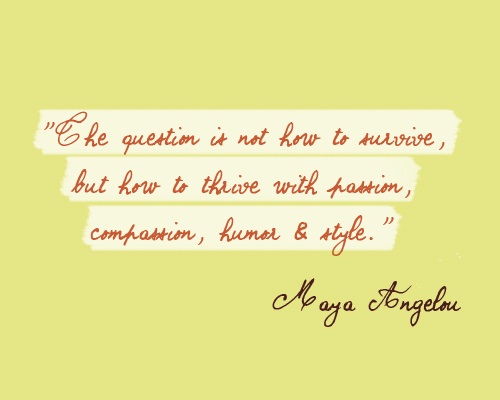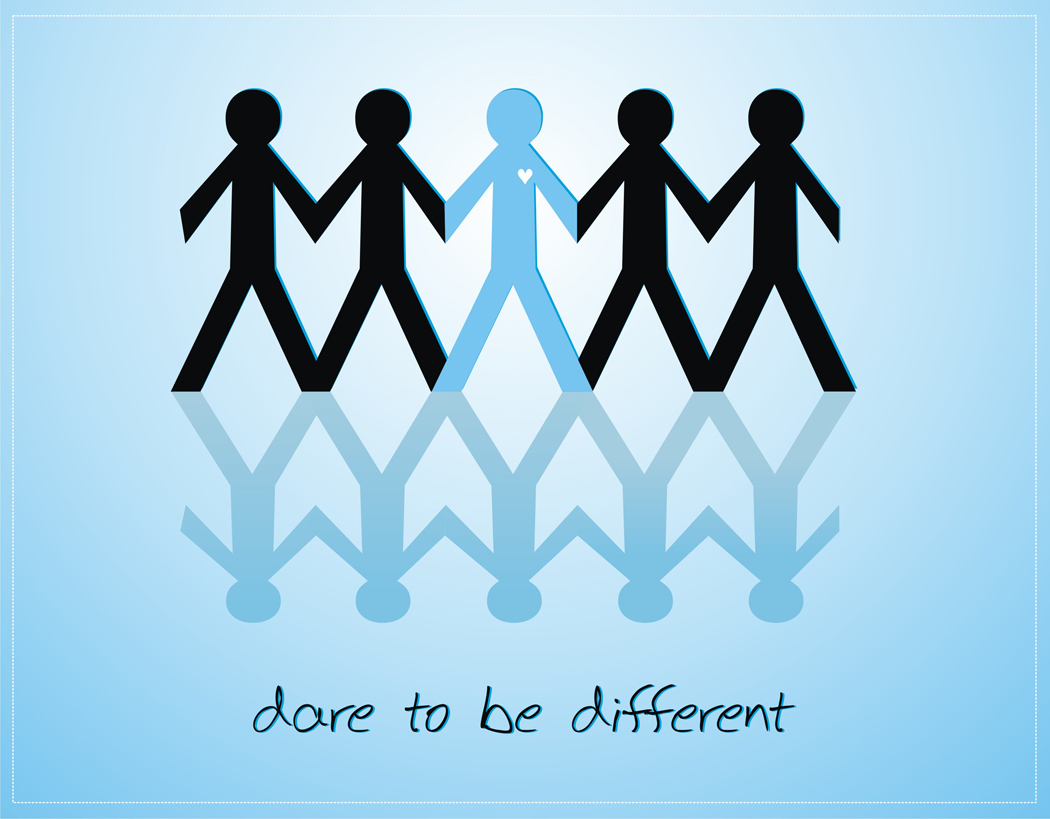We work in a fast paced environment where immediate results are the norm. Often we tend to make decisions that are either erroneous or irrelevant resulting in catastrophic situations that could have been easily prevented. Nevertheless we should persist to do what is right!
A few weeks ago I was at an event for a good friend. One who was with me through my most difficult time. She taught me a lot about the profession and relationships. I was flabbergasted at her accomplishments! Why? She lived what she preached and managed to remain extremely humble. You could feel the love, respect, and admiration at the function. She truly touched lives.
So let me ask.....what will be your legacy? How have you impacted the lives around you? Are you just focused on surviving each day? Does your work extend beyond your present circumstances? Do you just do things to please people around you or because it is right?
Have a Great Week!
Petreno







